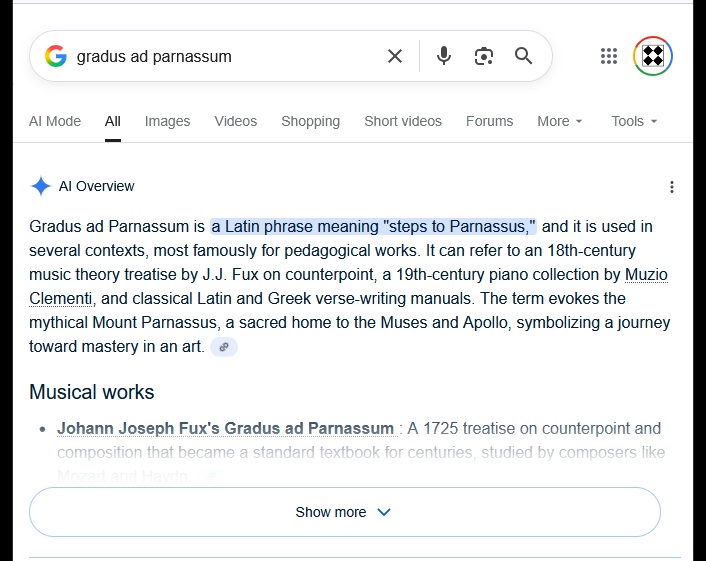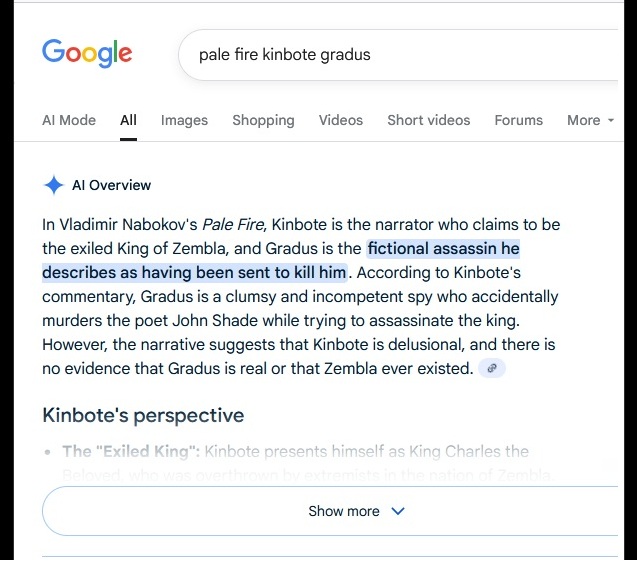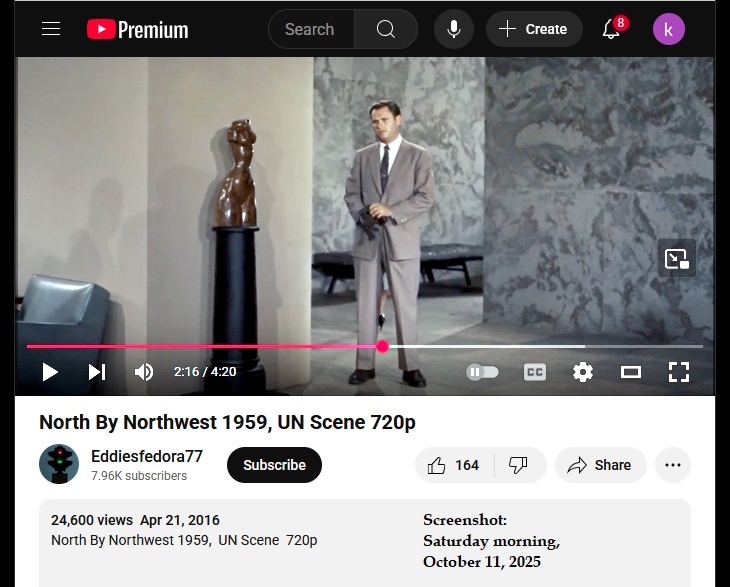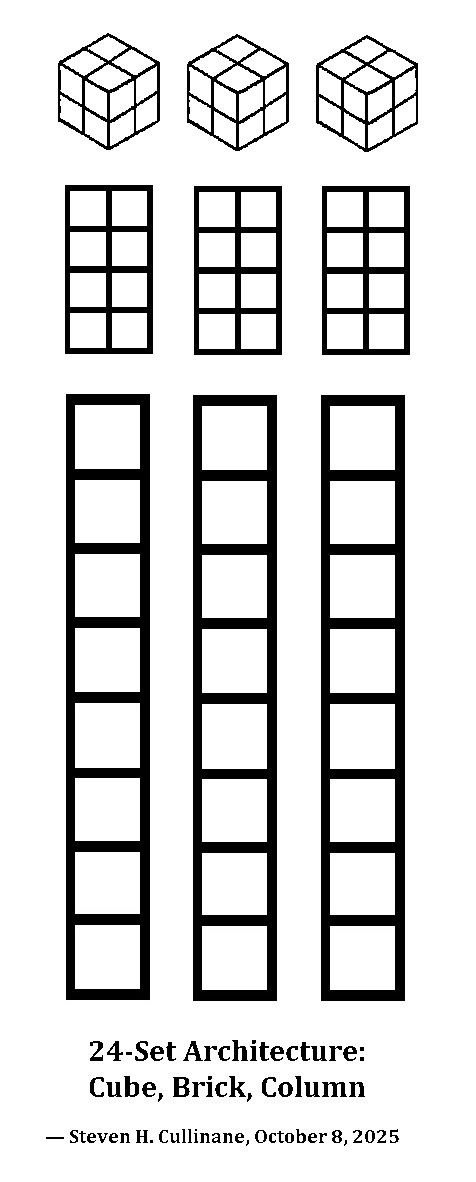


This post was suggested by yesterday's update to
the "Analogy Between Analogies" post of October 6.

The reason for the above columns . . .
The action of S8 on the rows of an 8-row 3-column matrix
000
001
010
011
100
101
110
111
is intimately connected, via the 30 labelings of a Fano plane
and via the Klein quadric in PG(5, 2), with the action of a
group of order 322,560 on the 16 squares of a 4×4 array.
See Conwell, 1910 [1] and the Log24 tag 105 partitions.
1. Conwell, George M. “The 3-Space PG(3, 2) and Its Group.”
Annals of Mathematics, vol. 11, no. 2, 1910, pp. 60–76.
JSTOR, https://doi.org/10.2307/1967582.
For those who prefer narratives to mathematics: The Cubes.
For fans of the Halloween season:
Consider . . .
A. The nontrivial analogy between the two parts of the well-known natural
15+15 partition of the 30 labelings of the Fano plane PG(2, 2)
B. The nontrivial analogy between the two parts of the well-known natural
15+15 partition of the 30 planes of the Klein quadric in PG(5, 2)
Are A and B nontrivially analogous? If so, how?
Update of 6:58 PM EDT Oct. 7 . . .
Hint:
Use as labels for PG(2, 2) points the seven nonzero vectors in the
3-space over GF(2), expressed as 001, 010, 011, 100, 101, 110, 111.
Then form three seven-digit vectors by taking the first, second, and third
digit in each 3-digit vector. View these seven-digit vectors as points of
the Klein quadric in PG(5, 2).
Related reading for fans of Bradbury's phrase
"patterning windows" and/or Aiken's phrase
"shadow guests" —
The Strong Law of Small Shapes (May 29, 2024).
Powered by WordPress